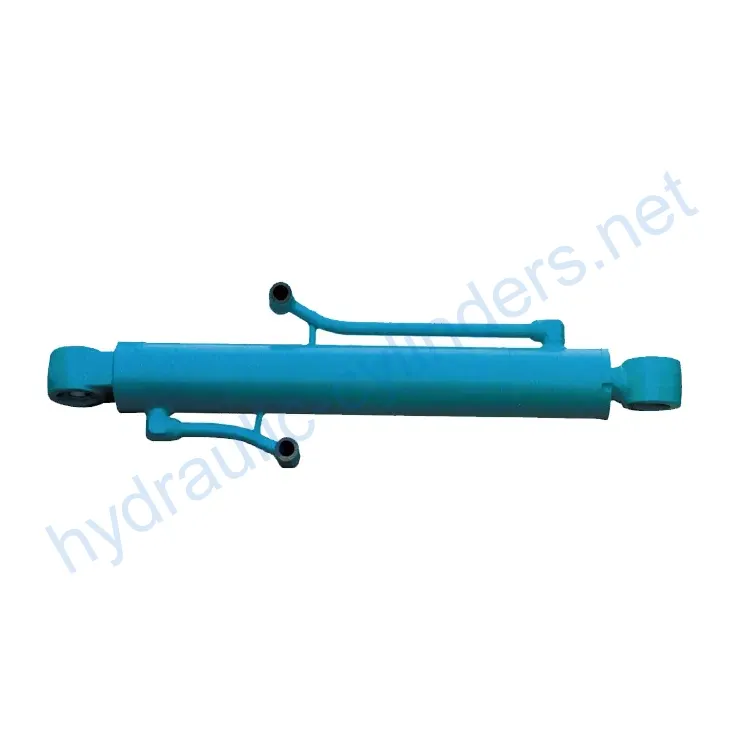Boom Cylinder For Sunward Small Excavator SWE50E
As one of the hydraulic cylinders manufacturers, suppliers, and exporters of mechanical products, We offer hydraulic cylinders and many other products.
Please get in touch with us for details.
Mail:sales@hydraulic-cylinders.net
Manufacturer supplier exporter of hydraulic cylinders.
Boom Cylinder For Sunward Small Excavator SWE50E
Product Overview
The Boom Cylinder is a crucial component designed specifically for the Sunward Small Excavator SWE50E. In hydraulic systems, this cylinder plays a fundamental role in the control and movement of the excavator’s arm and bucket. It is a hydraulic cylinder that facilitates the lifting, lowering, and tilting of the bucket, enabling efficient material handling tasks. The boom cylinder operates under high pressure, converting hydraulic fluid’s energy into mechanical energy, thus allowing excavators, backhoe loaders, and front loaders to perform a variety of operations with precision and power.
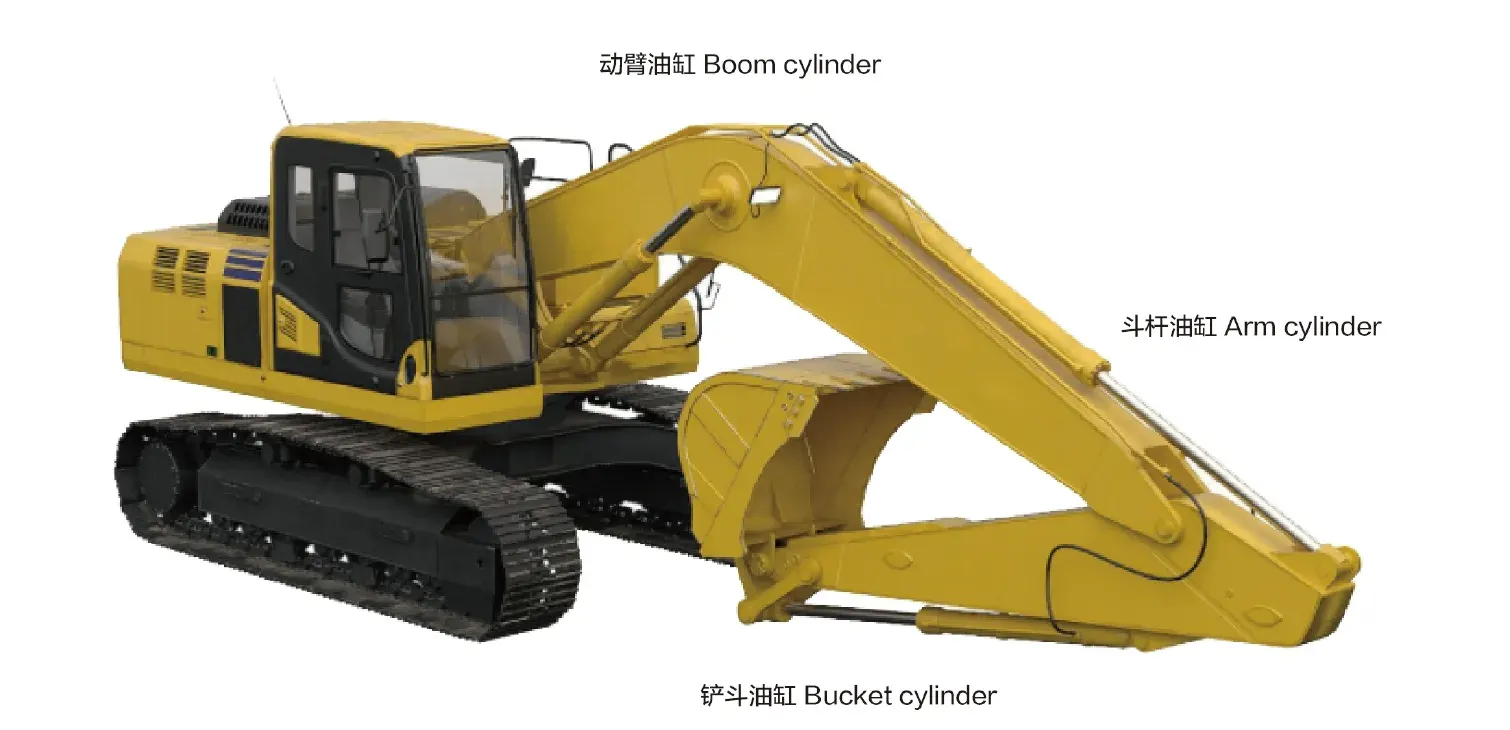
Features of the Boom Cylinder
- High Strength and Durability: Typically made from high-strength steel or aluminum, these cylinders can withstand high pressure and heavy loads, making them suitable for harsh working environments. The design considers wear resistance and corrosion protection to extend the lifespan of the product.
- Efficient Hydraulic Operation: Utilizing hydraulic oil pressure, the boom cylinder delivers smooth extension and retraction, providing quick response to operational commands and substantial pushing and pulling power for heavy and complex tasks.
- Diverse Types: Customers can choose from single-acting (using hydraulic power in one direction) or double-acting cylinders (utilizing hydraulic power in both directions) to meet various operational requirements. Some models offer telescopic features, allowing greater extension without increasing external dimensions, ideal for space-constrained applications.
- Custom Manufacturing: We produce these cylinders to perfectly replace existing hydraulic cylinders, ensuring compatibility with multiple excavator models.
- High Performance: Designed to optimize performance, our boom cylinders allow excavators to reach maximum efficiency and productivity rates in various applications.
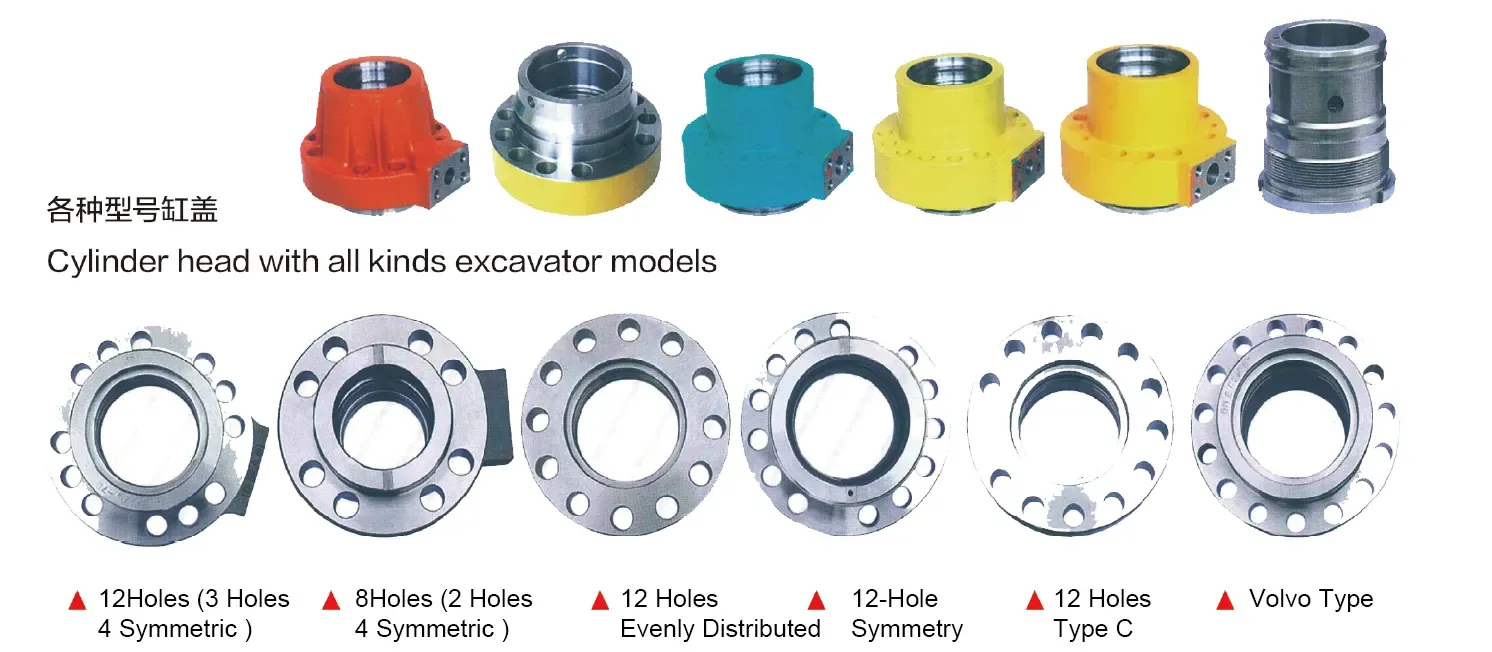
Applications of the Boom Cylinder
Construction Equipment
In excavators, boom cylinders are essential for digging, loading, and moving soil or debris. They enable the excavator’s arm to extend and retract, making the digging process more efficient. Moreover, in backhoe loaders, the boom cylinder assists not only in excavation but also in lifting the bucket for placement of materials, showcasing its versatility in various construction tasks.
Agricultural Machinery
In front loaders, boom cylinders are utilized for scooping, lifting, and transporting soil, hay, and other materials. The hydraulic power allows farmers to handle heavy loads with ease, improving productivity and reducing manual labor. The precision control offered by these cylinders helps in delicate operations, such as placing seeds or fertilizers accurately.
Excavation and Dredging
Excavators equipped with boom cylinders can penetrate the ground effectively, allowing for deep digging and dredging operations. The hydraulic system’s response enables operators to adjust the depth and angle of the bucket swiftly, making it ideal for large-scale earthmoving projects.
Loading and Unloading
In front loaders, these cylinders facilitate the lifting and dumping of loads efficiently. They allow operators to raise the bucket high enough to clear obstacles and drop materials precisely where needed, significantly enhancing operation efficiency on job sites.
Design Considerations
Load Capacity
The load capacity of the boom cylinder is a critical design consideration. It must be engineered to handle the maximum expected load while maintaining structural integrity. A well-designed cylinder will ensure that even under heavy loads, it operates smoothly without risking failure, thus safeguarding operator safety and equipment longevity.
Sealing Properties
Effective sealing is fundamental in hydraulic cylinders to prevent leaks and maintain pressure. High-quality seals, such as piston seals and rod seals, are essential for ensuring optimal performance. The selection of materials, like polyurethane and nitrile rubber, is critical for durability and resistance to wear, contributing to the overall efficiency of the hydraulic system.
Durability
The durability of the boom cylinder is paramount, as it operates in demanding environments. The materials used must withstand abrasion, corrosion, and extreme temperatures. Design features that enhance durability include surface treatments and coatings that protect against wear and environmental damage.
Safety Features
Safety is a pivotal aspect of hydraulic cylinder design. Incorporating fail-safe mechanisms, pressure relief valves, and safety locking devices reduces the risk of accidents during operation. Additionally, ensuring that the cylinders are designed with clear operational limits helps prevent misuse and potential injuries.
Maintenance Accessibility
Designing for maintenance accessibility ensures that operators can easily perform routine checks and replacements. This consideration enhances the overall reliability of the hydraulic system, allowing for prompt servicing and minimizing downtime due to mechanical failures.
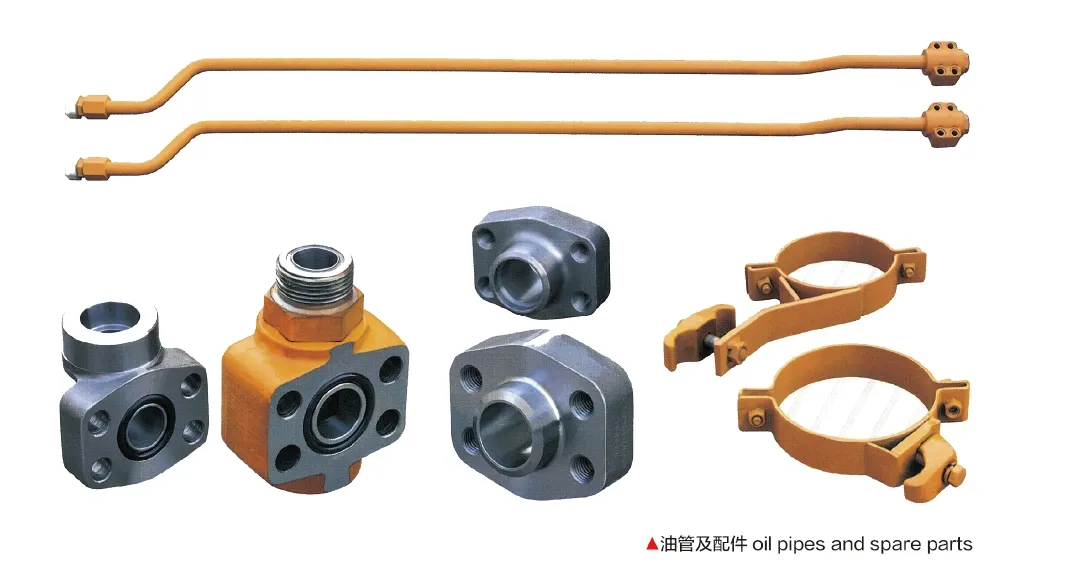
Sealing and Lubrication
Proper sealing and lubrication are crucial for the longevity and performance of boom cylinders. Various sealing components, such as piston seals and rod seals, play a vital role in maintaining hydraulic pressure. The use of durable materials like polyurethane and nitrile rubber ensures that the seals can withstand the rigors of hydraulic operation without degrading. Additionally, the cylinder body and threaded end surfaces are finely processed to enhance wear resistance.
Regular lubrication with hydraulic oil is essential to reduce friction between moving parts and prevent overheating. Maintaining the right oil level and ensuring the use of quality hydraulic fluid can significantly enhance the operational efficiency and lifespan of the boom cylinder.
Preventive Maintenance Measures
- Regular Inspections: Conduct routine checks to identify any signs of wear, leaks, or damage. Inspect seals and connections, and ensure that the hydraulic oil level is adequate.
- Appropriate Lubrication: Ensure that the cylinder is adequately lubricated with the correct type of hydraulic oil. Regularly check oil levels and replace fluids as necessary to maintain optimal performance.
- Seal Replacement: Regularly inspect seals for wear and replace them to prevent leaks. This proactive approach helps maintain hydraulic pressure and system efficiency.
Installation Guidelines
Proper installation of the boom cylinder is essential for optimal performance. Start by ensuring that all components are clean and free from debris. Align the cylinder accurately with the mounting points and use appropriate mounting brackets to secure it in place. It’s crucial to follow the manufacturer’s specifications regarding torque settings and alignment tolerances to prevent undue stress on the cylinder.
Once installed, check the hydraulic connections for leaks and ensure that the system is filled with the correct type of hydraulic oil. Before operating the equipment, conduct a test cycle to confirm that the cylinder functions smoothly without any unusual noises or resistance.
Common Maintenance Tasks
Regular Inspections
Frequent inspections of the boom cylinder are vital to ensure its operational efficiency and longevity. During these checks, look for any signs of wear on seals and components. A visual inspection can often reveal early signs of issues that may lead to more significant problems if left unaddressed. Documenting any findings helps in tracking the cylinder’s condition over time.
Appropriate Lubrication
Lubrication is essential for minimizing wear and tear on the moving parts of the boom cylinder. Using the manufacturer-recommended hydraulic oil ensures compatibility and effective lubrication. Operators should routinely check the lubricant level and add oil as needed, as well as monitor for any signs of leakage.
Seal Replacement
Over time, seals can wear out and lose their effectiveness. Regularly replacing these seals is crucial for maintaining hydraulic pressure and preventing leaks. Operators should familiarize themselves with the signs of seal degradation and follow a schedule for seal replacement as part of their maintenance routine.
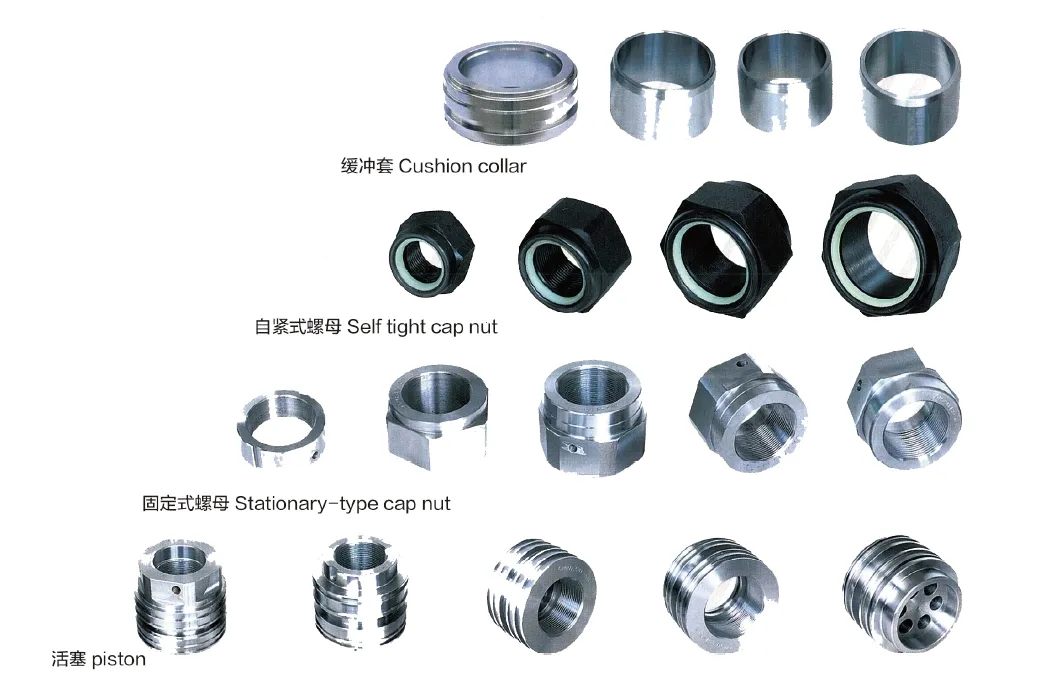
Safety Considerations and Environmental Factors
When working with hydraulic cylinders, safety measures are paramount. Operators should always wear appropriate personal protective equipment (PPE) and follow safety protocols to minimize risks. Regular training on the proper use and maintenance of hydraulic systems is essential to prevent accidents. Additionally, adhering to environmental standards for disposing of hydraulic fluids and old equipment ensures compliance with regulations and promotes sustainability.
Fault Diagnosis and Common Issues
- Leakage: One of the most common issues with hydraulic cylinders is leakage, often caused by worn seals. If leaks are detected, it is crucial to identify the source and replace any damaged seals promptly.
- Slow Movement: If the boom cylinder is moving slower than expected, it may indicate low hydraulic fluid levels or potential obstructions. Checking the fluid levels and ensuring that there are no blockages in the hydraulic lines can help resolve this issue.
- Unusual Noises: Any grinding or clanking sounds during operation can signal internal damage or misalignment. Immediate inspection is necessary to determine the cause and prevent further damage.
Tips for Troubleshooting
To effectively diagnose and resolve issues with the boom cylinder, operators should first perform a thorough visual inspection. Look for signs of wear, damage, or leaks. For slow movements, check hydraulic fluid levels and lines for blockages. If unusual noises occur, immediately stop operation and inspect the cylinder for any internal damage or misalignment. Regular maintenance and proactive measures can significantly reduce the likelihood of encountering these common issues.
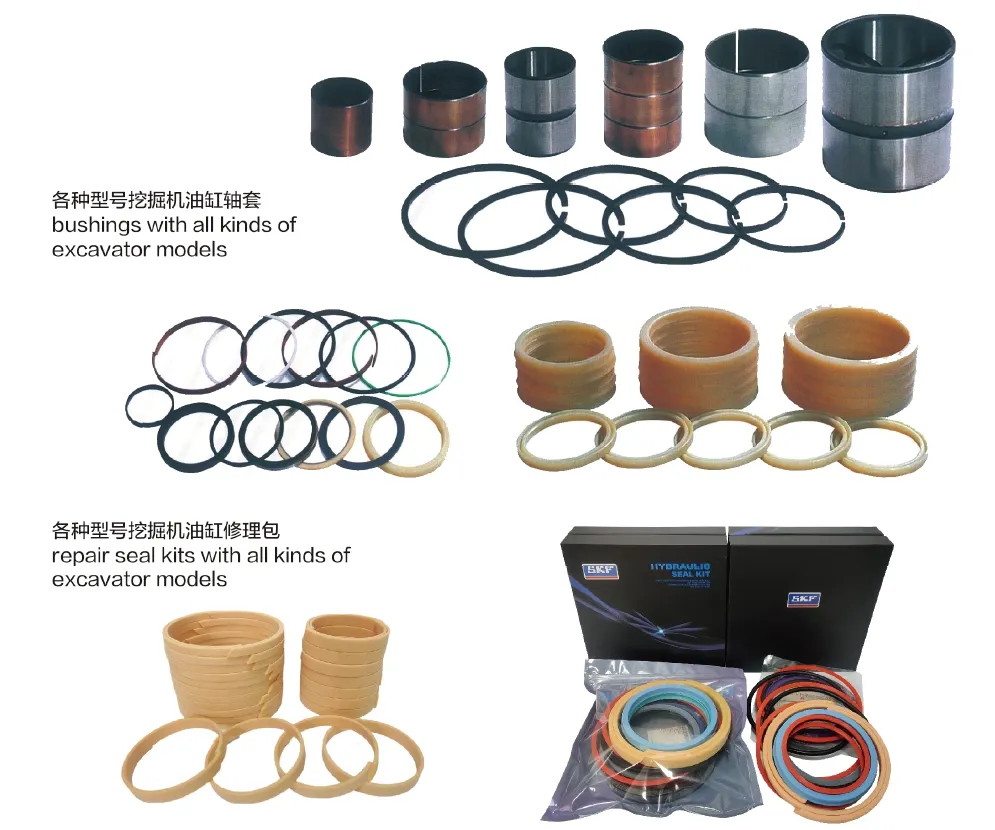
Company Overview
We are a manufacturer specializing in alternative hydraulic cylinders, offering a wide range of products that have established us as one of the leading manufacturers and wholesale distributors in the domestic and international markets. Our commitment to excellence is reflected in our precise manufacturing management strategies, leveraging advanced technology and skilled personnel. We continuously enhance our manufacturing capabilities, ensuring high efficiency, accuracy, and quality in our product lines to meet diverse customer needs.
Our dedication to professionalism is evident in our adherence to international standards and certifications, which underscore our commitment to quality and safety. We offer customized services to meet specific client requirements, backed by modern production equipment and comprehensive after-sales support to ensure customer satisfaction.
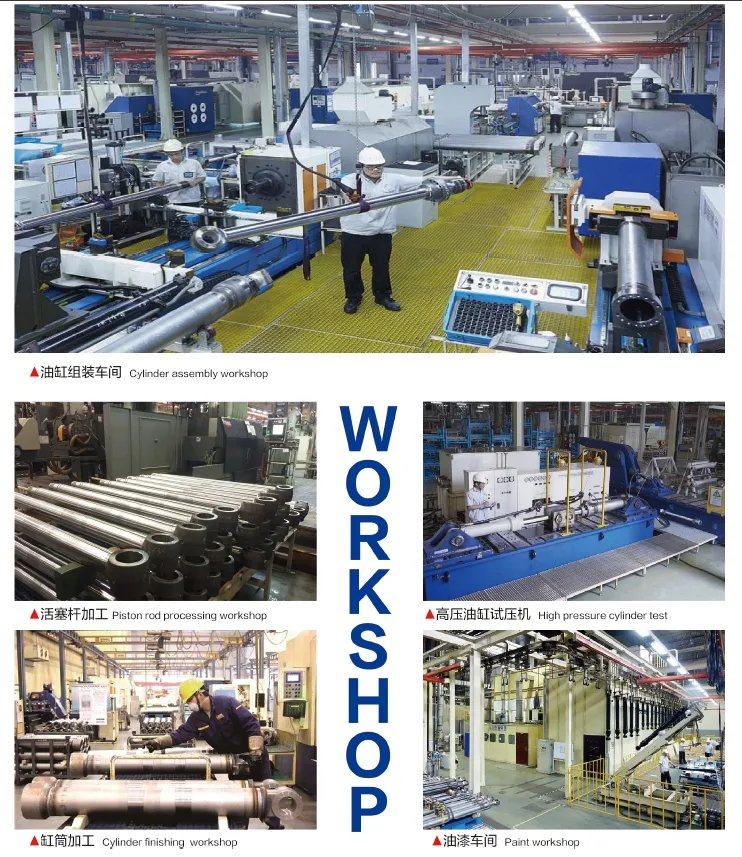
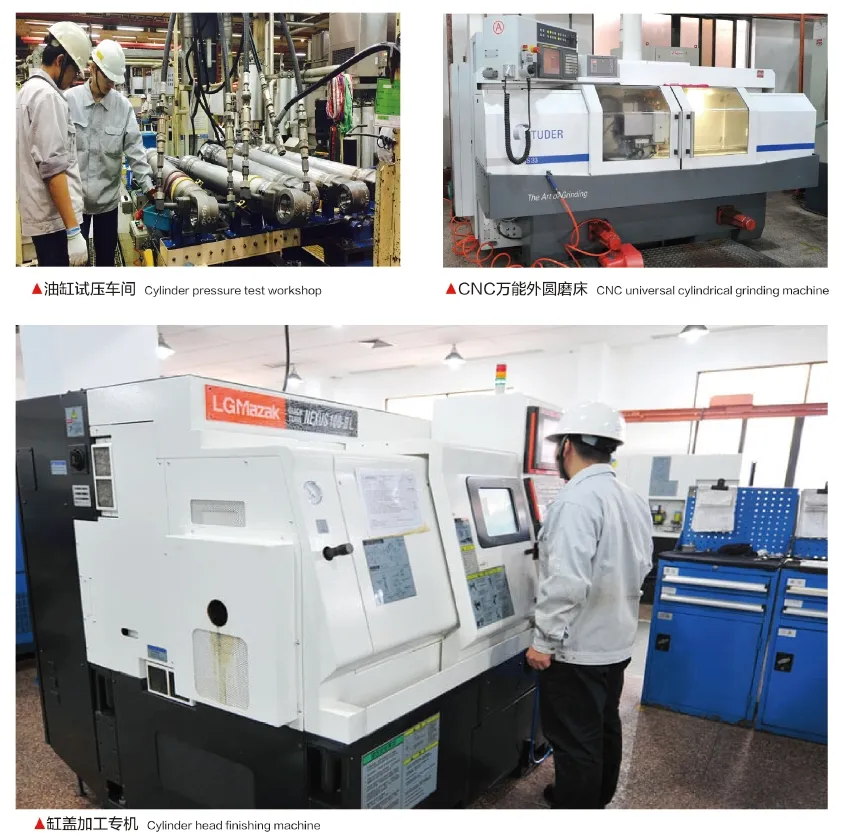
Author: lyl
Take a Tour of Our VR Factory:
Take a tour of our VR factory with the following
Hydraulic Cylinder Application:


